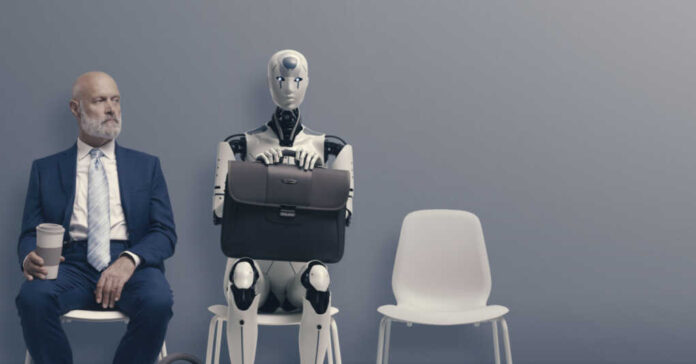
With growing evidence that artificial intelligence (AI) will likely take over most jobs in the US and around the globe, many are worried about how long it will take before they are made obsolete. In the late 1700s Americans saw things like this happen with the innovation of loom factories, and by 1835 they were all running on robotics. While rudimentary compared to today, they were a sign of things to come.
With reports of 300 million jobs across Europe and the US that could be lost to AI, people across the globe are concerned. Thankfully Martin Ford, author of Rule of the Robots: How Artificial Intelligence Will Transform Everything has provided his insight as to what industries are going to be the safest going forward.
• Creative jobs in science, medicine, and law. The people who look for anomalies that stick out because of missing information, or developing strategy will be likely to remain human only. In these areas, it doesn’t need to speak only to logic like AI would. It also must speak to human emotion, something robotics cannot do.
• Jobs with sophisticated relationships. Things like nursing, business consultants, investigative journalists, or food critics. These people know their audience, their people, and how to hit the mark in an authentic way that AI has yet to replicate. According to Ford, that time is a long way off too.
• “Jobs that really require lots of mobility and dexterity and problem-solving ability in unpredictable environments,” says Ford. Skilled trades like plumbing, welding, electricians, and such are part of these careers. The same ones many Americans will call for help and look down at for the “simple-minded” nature of their work.
Jobs like these aren’t 100% guaranteed to stay safe from AI encroachment. At this point, nothing is safe from that. However, unlike waitressing, building cars, or sewing garments, the jobs Ford suggests aren’t likely to be AI friendly anytime soon. The need for flexibility and to foresee problems comes from experience and a sense that AI just can’t teach.







